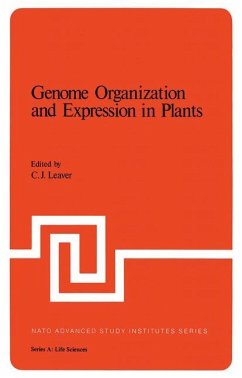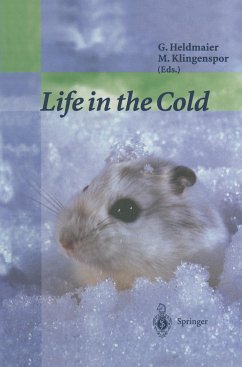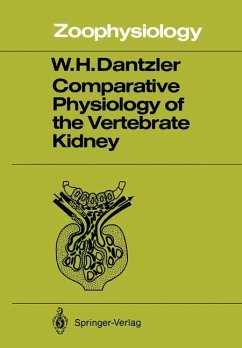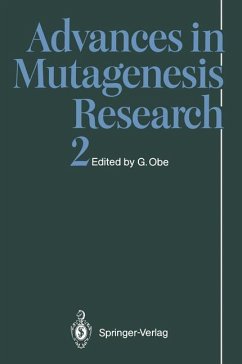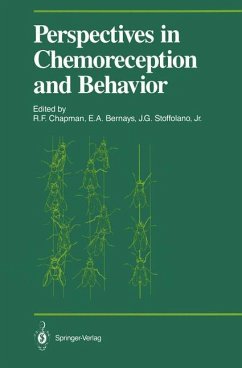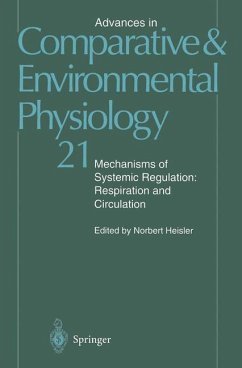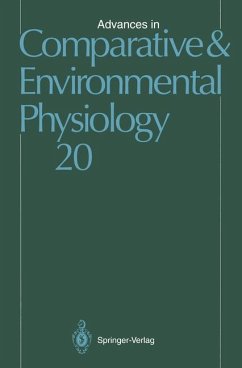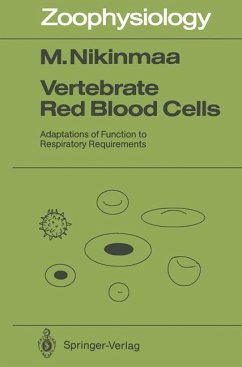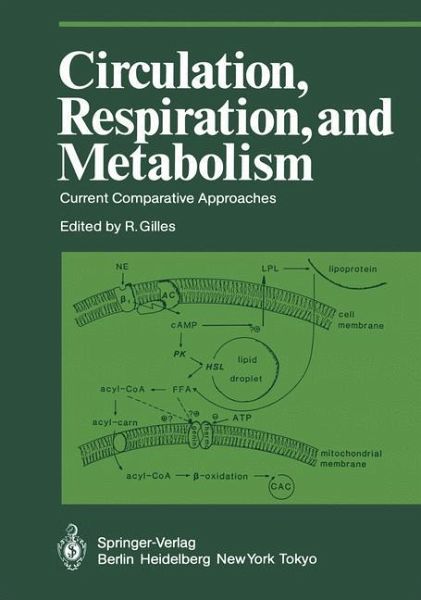
Circulation, Respiration, and Metabolism
Current Comparative Approaches
Herausgegeben von Gilles, Raymond
Versandkostenfrei!
Versandfertig in 1-2 Wochen
77,99 €
inkl. MwSt.

PAYBACK Punkte
39 °P sammeln!
This volume is one of those published from the proceedings of the invited lectures to the First International Congress of Comparative Physiology and Biochemistry I organized at Liege (Belgium) in August 1984 under the auspices of the Section of Comparative Physiology and Biochemistry of the International Union of Biological Sciences. In a general foreword to these different volumes, it seems to me appropriate to consider briefly what may be the comparative approach. Living organisms, beyond the diversity of their morphological forms, have evolved a widespread range of basic solutions to cope w...
This volume is one of those published from the proceedings of the invited lectures to the First International Congress of Comparative Physiology and Biochemistry I organized at Liege (Belgium) in August 1984 under the auspices of the Section of Comparative Physiology and Biochemistry of the International Union of Biological Sciences. In a general foreword to these different volumes, it seems to me appropriate to consider briefly what may be the comparative approach. Living organisms, beyond the diversity of their morphological forms, have evolved a widespread range of basic solutions to cope with the different problems, both organisma1 and environmenta1 with which they are faced. Soon after the turn of the century, some biologists realized that these solutions can be best comprehended in the frame work of a comparative approach integrating results of physiologica1 and biochemica1 studies done at the organismic, cellular and molecular levels. The development of this approach amongst both physiologists and biochemists remained, however, extremely slow until recently.



